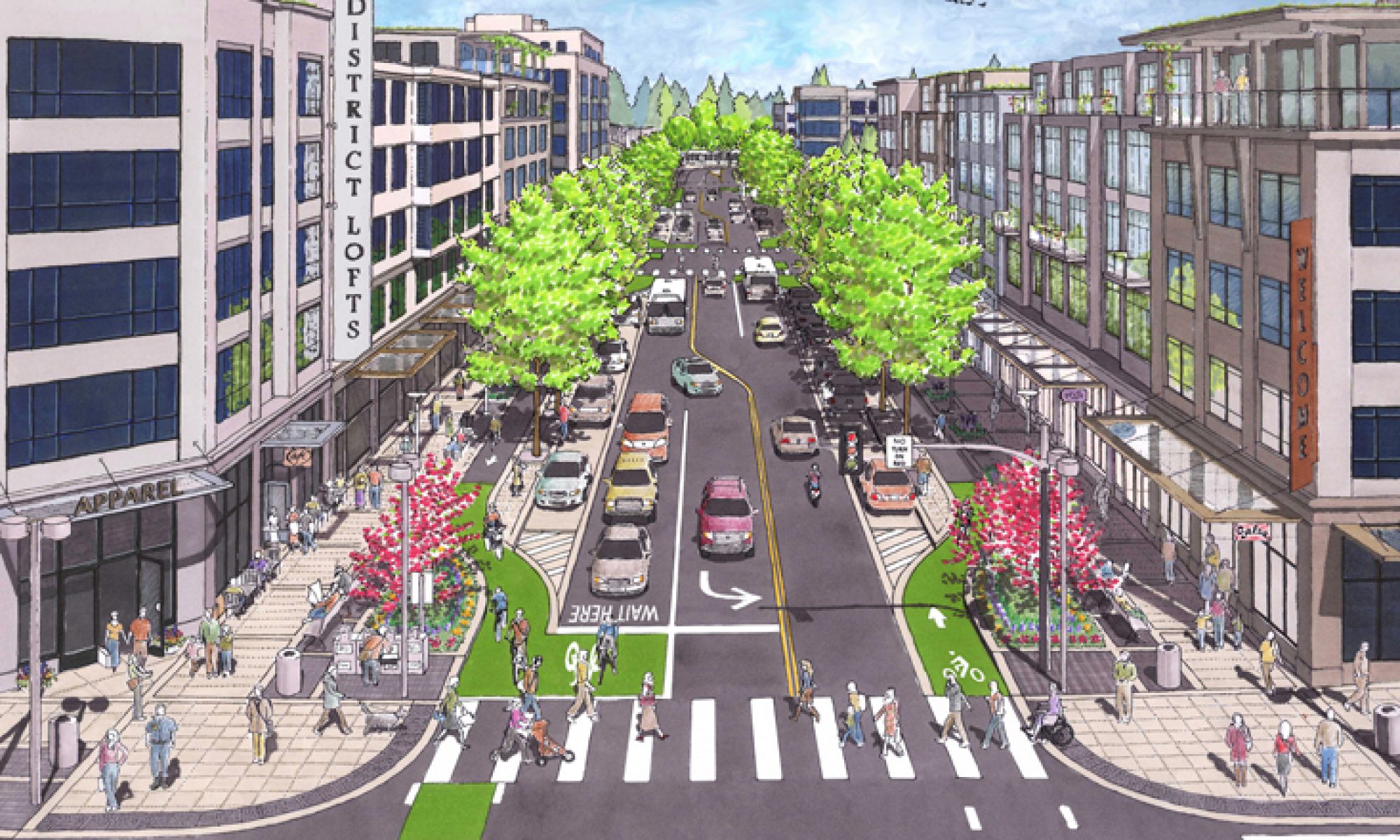This webinar is on right now, and I hope it will be recorded. Bicycling can be a great unifier but there are obstacles for non-white riders. We all need to learn about the experience of Black, trans, femme women, and non-binary people who ride bikes. I am personally feeling a sense of illumination about being visible vs invisible as a white rider and social safety as a privileged white cyclist – the clothes I wear, where I ride, when I ride. I hope this excellent panel is recorded.
Bicycling and SRAM to Host Discussion With Black Trans, Femme, Women, and Non-Binary Cyclists.
THE FREE EVENT WILL EXPLORE HOW BIKES CAN BE TOOLS FOR LIBERATION AND FOR HEALTH, AND HOW WE CAN GET MORE PEOPLE RIDING.
“In a year experiencing both a pandemic and social uprising, the bicycle has never been more important, says Grace Anderson, co-director for the PGM ONE Summit, a grassroots organization that fights for environmental justice and collective liberation. A bike is transportation, it is health, it is an escape, and it’s a form of protest.
Though the people who ride bikes cover an impressively broad spectrum, many vital voices in the bike world never get a chance to speak up. So Anderson approached Bicycling about hosting a discussion that elevates brilliant riders often left out of the bigger cycling dialogs.
In partnership with SRAM, Bicycling will host Cycling at the Intersections, a free, live discussion of the experiences of Black trans, femme, women, and non-binary cyclists, to be held October 21 at 12 pm ET.”
Iresha Picot (she/her), a Southern Black Woman, currently residing in Philadelphia. Iresha has spent the last decade working in Behavior and Mental Health as a Licensed Behavior Specialist and Therapist, a community activist and birth worker. She enjoys all things fitness, including cycling, Zumba, and daily meditative walks.
Tamika Butler (she/her/they/them), a contributing writer for Bicycling and a national expert and speaker on issues related to the built environment, equity, anti-racism, diversity and inclusion, organizational behavior, and change management. As the Principal + Founder of Tamika L. Butler Consulting, she focuses on shining a light on inequality, inequity, and social justice. Tamika also served as a guest editor on the Bicycling feature story “Why We Must Talk About Race When We Talk About Bikes.”
(she/her) conjures enthusiasm for life by practicing pleasure and play, living simply and seeking joy. Being a parent, organizer, creator, and adventurer are a few roles that allow her to explore the depths of her pleasure and joy. She utilizes experience as a creator as the root of her community organizing efforts to enhance the quality of life among Black folk. Her work centers Black women, children and queer folks and meets at the intersection of justice, principled living, healing, quality of life and Black liberation.
Jesi Harris (any pronouns) is a Master of Urban Planning student at USC’s Sol Price School of Public Policy. She hails from North Carolina where as an UNC – Chapel Hill undergrad, she fell in love with the bicycle as a sustainable, affordable, self-powered form of transportation. Upon graduating in May 2021, she hopes to build a career in affordable, sustainable development.
Check it out;





